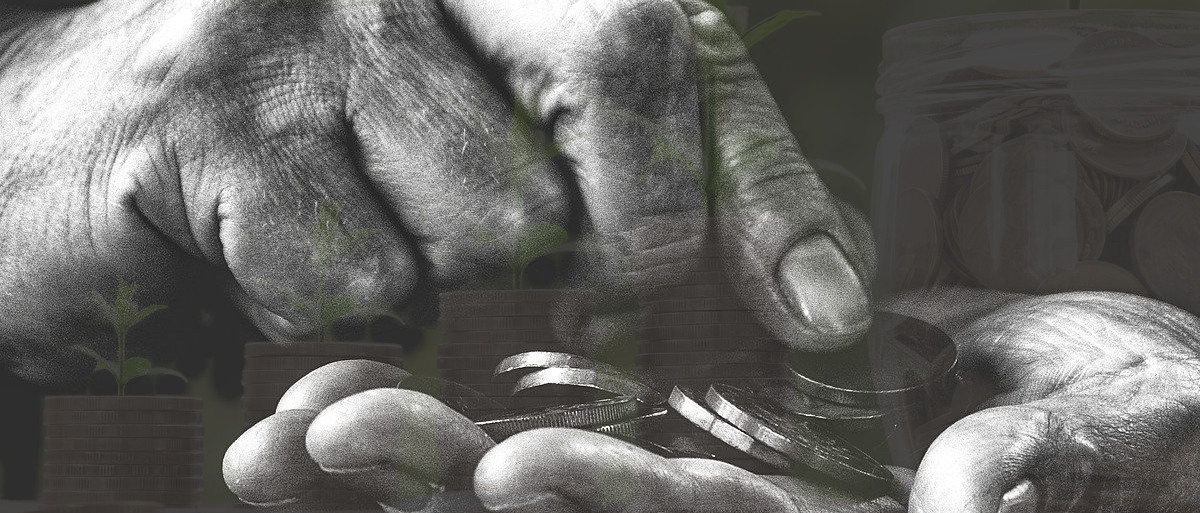
Income Support Attitudes
Money is in short supply for a person with brain injury. Most government income support programs are predicated on the obsolete myth that people with disabilities are lazy, malingering, just want to watch TV. The far-below poverty-line disability support speaks the judgement that people with disabilities don’t deserve to live at even the poverty line. It partners with the way people with brain injury are slotted into day programs, aren’t given full diagnostic work-ups, and aren’t provided effective treatments but strategies. The idea being that this is not a real injury, not a real disability requiring income and medical support. Since brain injury is one of the most devastating injuries, this judgemental approach predetermines a fate of poverty, begging, and for far too many, homelessness.
Dignity Stripped
Begging for help strips one of dignity. It’s a fact of brain injury life having to discuss discounts with every single health care provider, especially dentists. It contributes to a growing feeling of inadequacy when you can’t fund your own care without having to expose your poverty and negotiate for mercy.
Having to beg for financial aid from family and friends is soul destroying.
When money is provided in an automatic or regular way, it doesn’t tip the balance of power as much and allows the person to retain their dignity. Regular support could range from, “Hey, I’ll buy lunch today” to “I have this great meal plan, why don’t I add you on to it. They’ll email you the menu each week, and if you want a sub, just email them directly. No need to go through me.”
A person with brain injury depends on technology to function and pass the time. Only the very wealthy can afford in-home care and therapists who help them achieve tasks. And only those who are willing to go into debt with all the associated stress will be able to access the kind of health care that heals injured brains. For the rest, the current state is adult day care and boredom at home with perhaps the hope that technology will enable them to function productively for a little bit.
There are several ways you can alleviate this terrible situation.
Advocate for Universal Basic Income
Email your elected representative at every level of government to institute guaranteed liveable basic income. Since a guaranteed universal income program would apply to everyone, no government could deliberately exclude people with disabilities from poverty-line income support, as the Canadian government did in 2020 with CERB (Canadian Emergency Response Benefit). In 2020, the government set the eligibility requirements for COVID-19 income support to exclude people with disabilities, and when forced to provide some income support, they did so for only a portion of the disabled population and for only one month instead of monthly as they had for the abled population. As with CERB, guaranteed basic income must be liveable. We should not as a society add to the despair of living with brain injury by withholding money. It takes work to live at the poverty line, contrary to popular belief. Poverty is one of the Social Determinants of Health and contributes to health care costs. We should not be increasing our health care budget by cutting social support budgets on the basis of obsolete myths and discriminatory attitudes towards people with disabilities, including brain injury.
A really great way to help out is to write, email, tweet, Facebook your MPP and MP (or your country’s political representative) to have medicare cover concussion and brain injury clinics and brain injury treatments that use neurostimulation and to restore community care that lasts for as long as the person with brain injury needs it — not for an arbitrary time limit. A productive person contributes to society, to their community, and is more likely to stay healthier. Social determinants of health matter.
Donate
Donate your old technologies to an association that gives them to people with brain injury who need them. Buy your friend or family member a smart speaker or smartphone, one that they want — not that you want — and that they can learn to use easily. If they get frustrated trying to use it or it’s not the one that they wanted, they won’t use it. That would be a waste of your time and money and, for them, an increase in feeling alone and abandoned.
Start a Foundation
And for those wondering what to do with their money, start a foundation to provide scholarships for Lindamood-Bell reading rehab programs specifically for people with brain injury, whether they’re at a Lindamood-Bell resource centre or are being provided through a clinic. And, as well, to advocate for this kind of effective reading rehab under medicare for adults with brain injury. People with brain injury want to read books again with comprehension. Other Foundation ideas include creating a comprehensive clinic to provide full diagnostics and effective treatments. I wrote about what whole-person treatment would look like in Concussion Is Brain Injury: Treating the Neurons and Me.
Resources
Basic Income Canada Network
NEWS & ADVOCACY“A Basic Income Guarantee ensures everyone an income sufficient to meet basic needs and live with dignity, regardless of work status.
We invite you to join and support the movement for a Basic Income Guarantee for all.”
Basic Income: Today
THE UBI NEWS HUB“It’s time to finally live up to our founding ideals as a nation with a monthly investment in the lifelong economic security of all Americans.”
Basic Income Earth Network
CONGRESS & RESEARCH“A Basic Income is a periodic cash payment unconditionally delivered to all on an individual basis, without means-test or work requirement.
“BIEN’s next annual congress will take place from the 18th to the 21st August 2021. This will be a virtual congress, organised from Glasgow.”